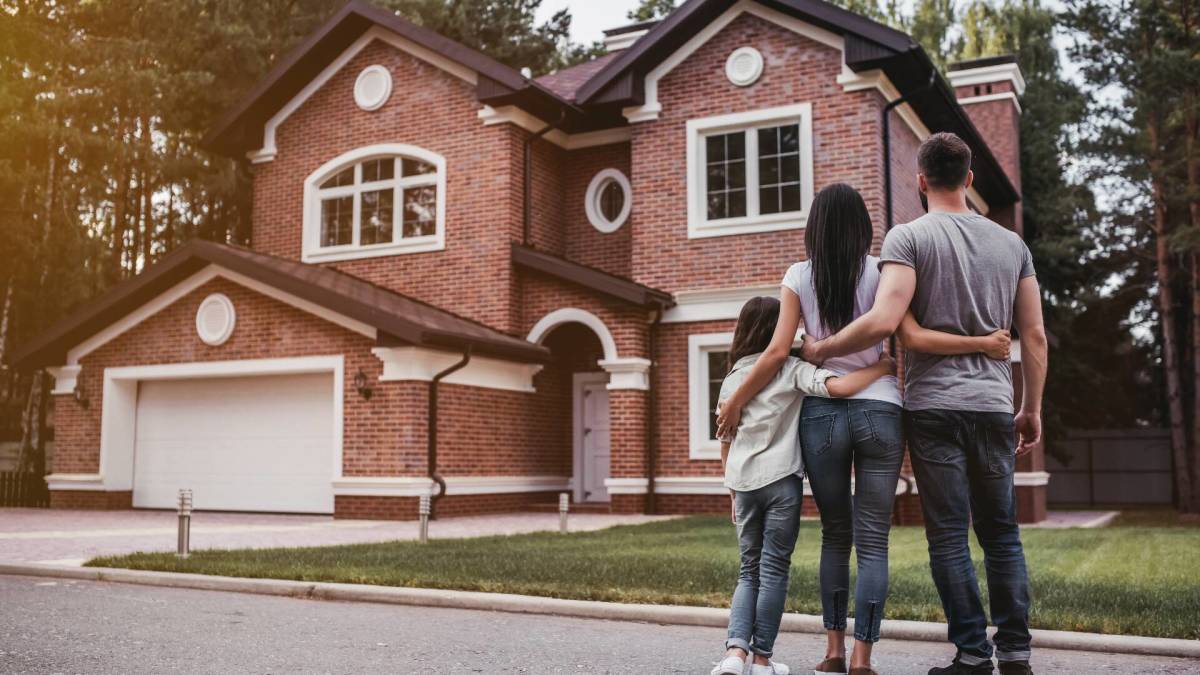
Housing is a significant expense for Americans of all ages, consuming a considerable portion of household budgets. Because housing costs have nearly doubled over the past decade while wages have stagnated, it is difficult for many households to make ends meet.
Rising housing prices are particularly difficult for retirees because most live off a fixed income of Social Security plus a pension or 401(k) withdrawals.
🎁 Buy 1 Year and Get 1 Year FREE on TheStreet Pro. Act now before it’s gone ⏰
Many retirees find their savings aren’t stretching as far as they’d like, a problem exacerbated by the rapid increase in the price of essentials like housing, food and healthcare.
Seniors are facing a housing conundrum: they’re being priced out of their current housing but can’t always afford to move elsewhere.
Most retirees would prefer to stay in their current homes, but the rising cost of rent, mortgage payments, and property maintenance are deterring them from staying within their community.

Shutterstock.
Housing prices are on the rise, and retirees are feeling the squeeze
In 2021, over 11 million Americans were cost-burdened, meaning they spend more than 30% of their income on housing. Renters and households with people older than 80 are at risk of overspending on housing.
Most seniors live off of limited income from retirement savings and Social Security payments, making it difficult to balance the rising costs of groceries, housing, and healthcare.
Housing prices increased rapidly in 2020, and seniors have found it challenging to maintain their current housing set-up. AARP found that most seniors would like to stay in their homes, but 71% note that rising rent and mortgages have forced them to consider downsizing or moving in with relatives.
More on retirement:
- The average American faces one major 401(k) retirement dilemma
- How your mortgage is key to early retirement
- A few simple tasks can help you thrive in retirement
Seniors are also most at risk of facing homelessness due to unmanageable housing costs. Americans aged 65 and older are the most likely demographic to be unhoused, and those 55 and over represent one-third of the chronically homeless population.
Samara Scheckler, a research associate at the Harvard Joint Center for Housing Studies, notes, "Age intersects with other factors that increase the risk of housing insecurity, and older adults may rely more heavily on social policy and public programs to remain stably housed."
How to manage housing costs in retirement
Most experts agree that carrying a mortgage loan into retirement can significantly increase the cost of housing. Managing mortgage loan payments on a lower fixed income while accounting for higher healthcare costs puts financial strain on seniors.
Related: Dave Ramsey has a warning for Americans buying a home now
The best course of action is to ensure that most or even all debts have been paid off before retirement, but each retiree's financial situation is different.
Here are the key housing expenses that seniors should budget for before retiring:
- Mortgage payments: Identifying how many payments are left on your mortgage balance is key. A few years of mortgage payments are manageable, while one or two decades may pose more of a challenge. However, monthly housing costs, including property taxes, shouldn’t be more than 30% of your monthly retirement income.
- Property taxes: Though property tax rates vary by location and are typically a lump sum expense, some states allow for split payments throughout the year. Homeowners should expect to pay an average of $1,815 in annual property taxes, but some regions have median property taxes of over $10,000.
- Homeowner's insurance: Homeowner’s insurance premiums have been rising for the past few years, with consumers paying an average of $2,300 annually or $192 per month. Budgeting for this added expense is crucial to staying current.
- Maintenance and repairs: Repairs and general housing maintenance are a never-ending expense for homeowners, so big-ticket upgrades should be factored into budgets. In 2023, homeowners spent an average of $200 per month on home repairs







